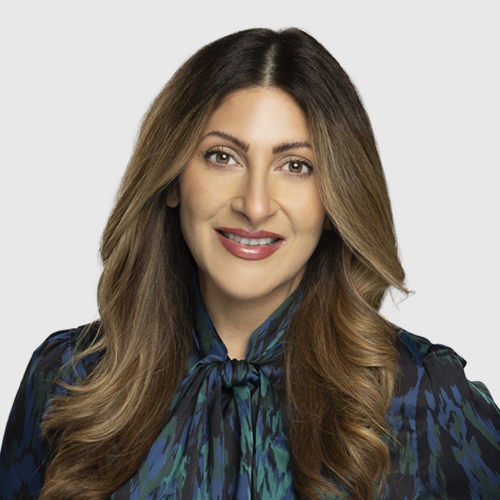our mission
AIxDisability is a pioneering initiative dedicated to bridging the gap between artificial intelligence (AI) education and the disability community. Our mission is to ensure that individuals with disabilities are not only beneficiaries of AI advancements, but also active contributors and innovators in the AI landscape.
“Nothing about us without us!”
Why AI Literacy Matters
While over 60% of students now use AI tools like ChatGPT, Grammarly, and Microsoft Copilot to support learning, many of today’s most used AI platforms weren’t built with accessibility from the start. Despite their potential, disabled students remain underrepresented in AI product design—and often face accessibility issues when using them.
In the general population, 86% of students globally are regularly using AI in their studies, with 54% of them using AI on a weekly basis, according to the Digital Education Council.
ChatGPT is found to be the most widely used AI tool, with 66% of students using it, and over 2 in 3 students reported using AI for information searching. However, despite their high rates of AI usage, 1 in 2 students do not feel AI ready. 58% reported that they do not feel that they had sufficient AI knowledge and skills, and 48% do not feel adequately prepared for an AI-enabled workplace.
Meet the team
shireen Hafeez
Shireen is the Founder and CEO of Deaf Kids Code (DKC), a nonprofit organization dedicated to teaching technology and digital skills to deaf and hard-of-hearing youth. With a strong commitment to inclusion and empowerment, she has built DKC into a community where young people with disabilities can gain confidence, creativity, and real-world tech experience. Her leadership continues to inspire the next generation of disabled innovators and advocates in the digital space.
Maxine deluca
Maxine is a multidisciplinary intern at AIxDisability, where she focuses on ethical research, content strategy, and inclusive tech advocacy. With a background in web development and a deep commitment to disability justice, she explores how AI literacy can empower disabled communities rather than exclude them. Her work spans participatory design methods, accessible UX, and amplifying the voices of disabled innovators. Maxine believes in a future where technology serves everyone, and that starts with listening, learning, and designing with care.



